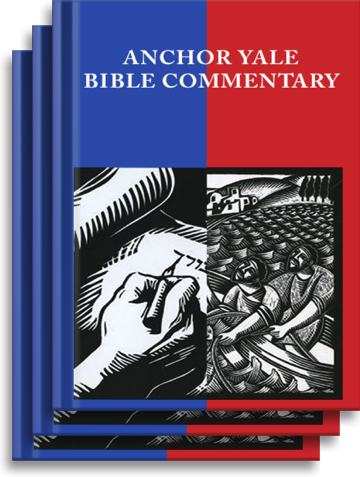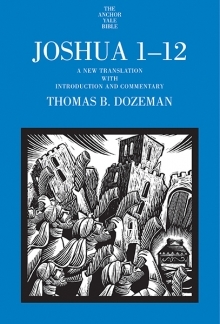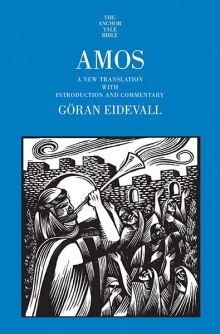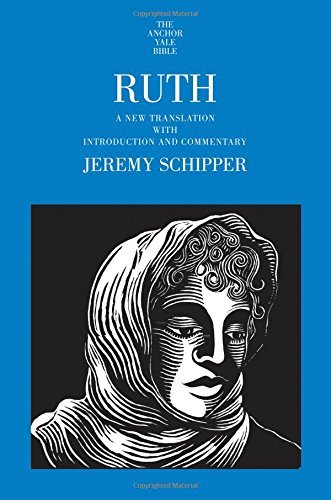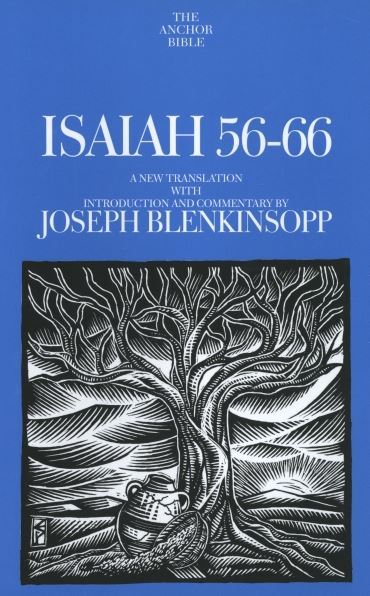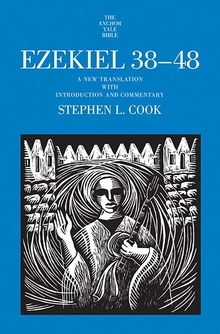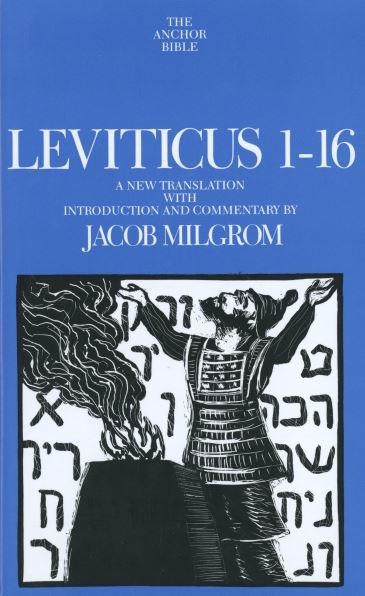



The book of Habakkuk (one of the twelve Minor Prophets) is an intensely personal testimony played out against a highly political backdrop. Writing as his land and his fellow Israelites were being invaded and plundered by the Chaldeans, Habakkuk questions God’s actions with a passion equal to Job’s. Habakkuk wonders, how can a God who is just and compassionate allow his people to be slaughtered? In trying to punish the Israelites and right the wrongs of his people, why did God choose the savage, infinitely more wicked Chaldeans as his instrument? The puzzles Habakkuk contemplates will stir the hearts and minds of anyone who has ever wrestled with the evils of existence. Francis I. Andersen, a well-known authority on the Minor Prophets and acclaimed for his pioneering work in the study of biblical Hebrew, examines Habakkuk both as a work of sophisticated theological inquiry and as an artistic creation. The result is a book that illuminates the nuances of the text and brings to life the culture and values of the ancient Israelites through a compelling portrait of one the Bible’s most fascinating and most elusive prophets.
Francis I. Andersen taught Bible studies in the United States and other countries, and was David Allan Hubbard Professor of Old Testament at Fuller Theological Seminary before retiring. He is currently Professorial Fellow in the Department of Classics and Archaeology at the University of Melbourne, Australia.
THE ANCHOR YALE BIBLE COMMENTARY SERIES is a project of international and interfaith scope in which Protestant, Catholic, and Jewish scholars from many countries contribute individual volumes. The project is not sponsored by any ecclesiastical organization and is not intended to reflect any particular theological doctrine.
The Anchor Yale Bible is committed to producing commentaries in the tradition established half a century ago by the founders of the series, William Foxwell Albright and David Noel Freedman. It aims to present the best contemporary scholarship in a way that is accessible not only to scholars but also to the educated nonspecialist. Its approach is grounded in exact translation of the ancient languages and an appreciation of the historical and cultural context in which the biblical books were written supplemented by insights from modern methods, such as sociological and literary criticism.
